The attorney for plaintiffs challenging the state’s congressional district lines, which were redrawn after the 2020 census, is appealing the case’s dismissal by a three-judge panel to the U.S. Supreme Court, which recently ruled in favor of an Alabama plaintiff objecting to that state’s congressional map in a case with similar elements to the Arkansas case.
On Monday, Richard Mays, representing plaintiffs Jackie Williams Simpson; Wanda King; Charles Bolden; Anika Whitfield; state Rep. Denise Ennett, D-Little Rock; and state Sen. Linda Chesterfield, D-Little Rock, filed a notice of appeal with the U.S. Supreme Court. Last week, Mays told the Arkansas Democrat-Gazette that the ruling on Allen v. Milligan in Alabama — in which the high court’s majority ruling said justices gave more weight to the effect of the newly drawn districts in Alabama than the intent of the state Legislature in drawing those districts — directly contradicted a recent ruling in Arkansas.
Last month, a three-judge panel in Arkansas — 8th U.S. Circuit Court of Appeals Judge David Stras, Chief U.S. District Judge D. Price Marshall Jr. and U.S. District Judge James M. Moody Jr. — held that the plaintiffs in the Arkansas redistricting lawsuit Simpson v. Thurston had failed to document a racial motivation on the part of state legislators in approving the new congressional map and dismissed the case. What the panel found instead, according to the order, was a politically motivated desire to dilute Democratic votes by disbursing a large voting bloc of likely Democratic voters into two majority Republican districts and replacing them with a bloc of likely Republican voters.
Earlier rulings had rejected claims of violations of the U.S. Constitution and the Arkansas Constitution.
In the surprise 5-4 Allen v. Milligan decision issued last Thursday, the Supreme Court ruled that Alabama had diluted the power of Black voters when the state’s congressional map was redrawn by drawing only one Black majority district of the seven congressional districts despite Black voters making up a quarter of the state’s population. The decision means that Alabama will have to draw its congressional map to include a second majority-Black district.
Mays said the Supreme Court clerk will set a briefing schedule with a general outline of the case likely due within 45 days and an initial briefing due within 60 days. He said all of the rulings made by the three-judge panel in Arkansas are subject to appeal, but he said much of the emphasis will be on the final ruling that the legislature’s actions were due to political considerations rather than racial considerations in its decision to dismiss the case.
“The three-judge panel in Alabama and the U.S. Supreme Court both came to the opposite conclusion,” Mays said. “I think the [Arkansas three-judge] panel placed emphasis on intent rather than results and the Voting Rights Act itself talks about using the effects of the action as opposed to the intent, so I do think that’s going to be a major issue.”
Mays said proving discriminatory intent is often difficult, “especially when the people doing the acting think that’s what the court is going to be looking at,” and take steps to ensure any racial overtones are downplayed to the greatest extent possible.
“The court in our case ignored the result and said we failed to prove intent,” he said, “especially when [the legislature was] disclaiming any intent to discriminate.”
The Supreme Court decision may have breathed new life into a separate Arkansas redistricting lawsuit — Arkansas State Conference NAACP v. Arkansas Board of Apportionment — according to a letter written by an ACLU attorney to the 8th Circuit Court of Appeals, where the case is being appealed. The 8th Circuit heard oral arguments in that appeal in January.
In that case, the Arkansas State Conference NAACP and the Arkansas Public Policy Panel filed a lawsuit against the state Board of Apportionment over a state House of Representatives district map that contained 11 Black majority House districts of the 100 total districts although Black residents make up 16% of the state’s population.
On Feb. 17, 2022, U.S. District Judge Lee Rudofsky dismissed the case, holding that private citizens may not sue to protect their voting rights under Section 2 of the Voting Rights Act, reasoning that only the U.S. Attorney General may bring a case under the statute. Rudofsky said in his ruling that evidence suggested the new House map objected to by the plaintiffs likely did discriminate against Black voters, but he ruled the plaintiffs had no “private right of action” to bring the lawsuit because Congress had not expressly provided one in the Voting Rights Act. Private right of action is the legal principle that allows a private citizen to enforce a law through the courts.
“Only the Attorney General of the United States can bring a case like this one,” he opined.
Rudofsky’s ruling upended decades of precedent permitting private individuals to address voting rights violations under the Voting Rights Act. When the Department of Justice notified the court that it did not intend to intervene, the case was dismissed in spite of the federal government’s assertion in this case that private parties are permitted to sue under the Voting Rights Act.
In a June 9 letter to Michael Gans, 8th Circuit Court of Appeals Clerk, ACLU attorney Sophia Linn Lakin referenced Allen v. Milligan as a Voting Rights Act Section 2 case that Lakin said supports the private right of action.
“The court in Milligan would not have confirmed an order requiring Alabama to redraw its congressional map if it lacked jurisdiction,” Lakin wrote.
Attorney General Tim Griffin, whose office is tasked with defending the state in both cases, said in a text message to the Arkansas Democrat-Gazette on Monday that the ACLU is wrong.
“The U.S. Supreme Court didn’t address the issue,” Griffin said. “Justice Thomas specifically said the Court has left the issue unresolved.”
Holly Dickson, ACLU of Arkansas executive director, said Monday that while Griffin may be correct that the issue is unresolved, the time is ripe for the issue to be resolved.
“What good is a right if you can’t have it redressed?” Dickson asked. “Of course, the [Department of Justice] is smaller than all of the private parties over the years that have reformed voting to make our elections count for everybody. The people have been doing that work, in the courts, since the Voting Rights Act passed. It wasn’t until Rudofsky’s order that it was ever even questioned … The voters deserve to know where we stand.”











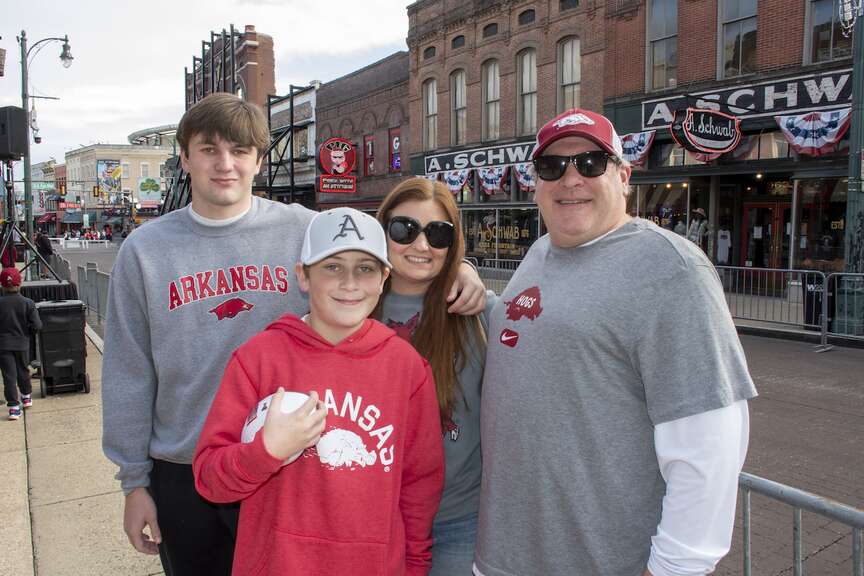
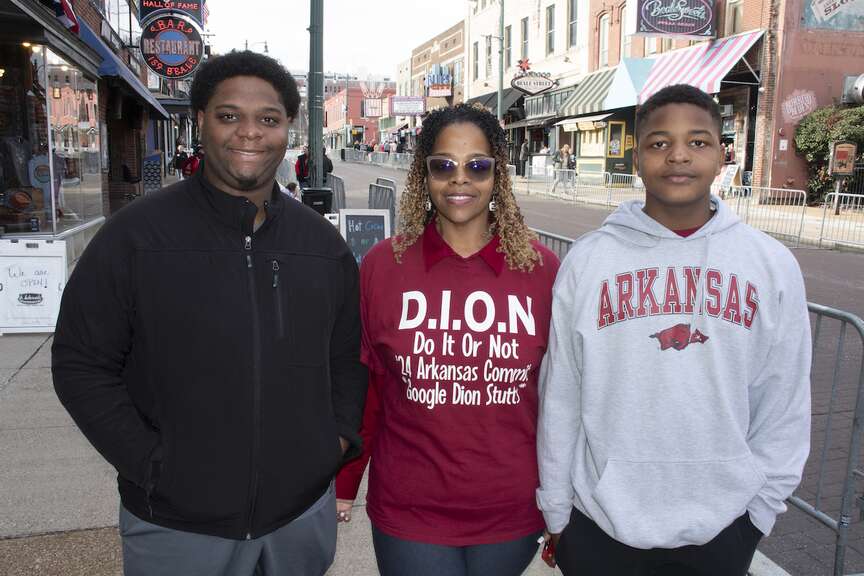


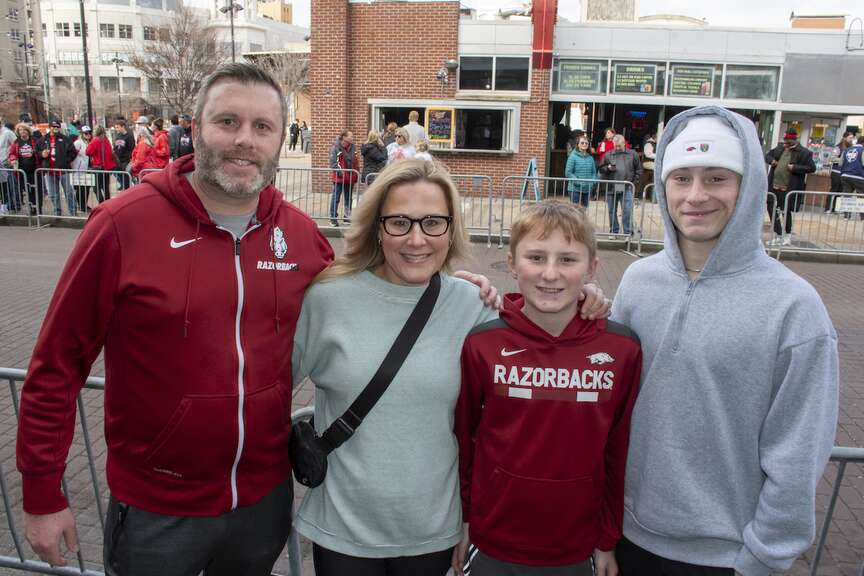



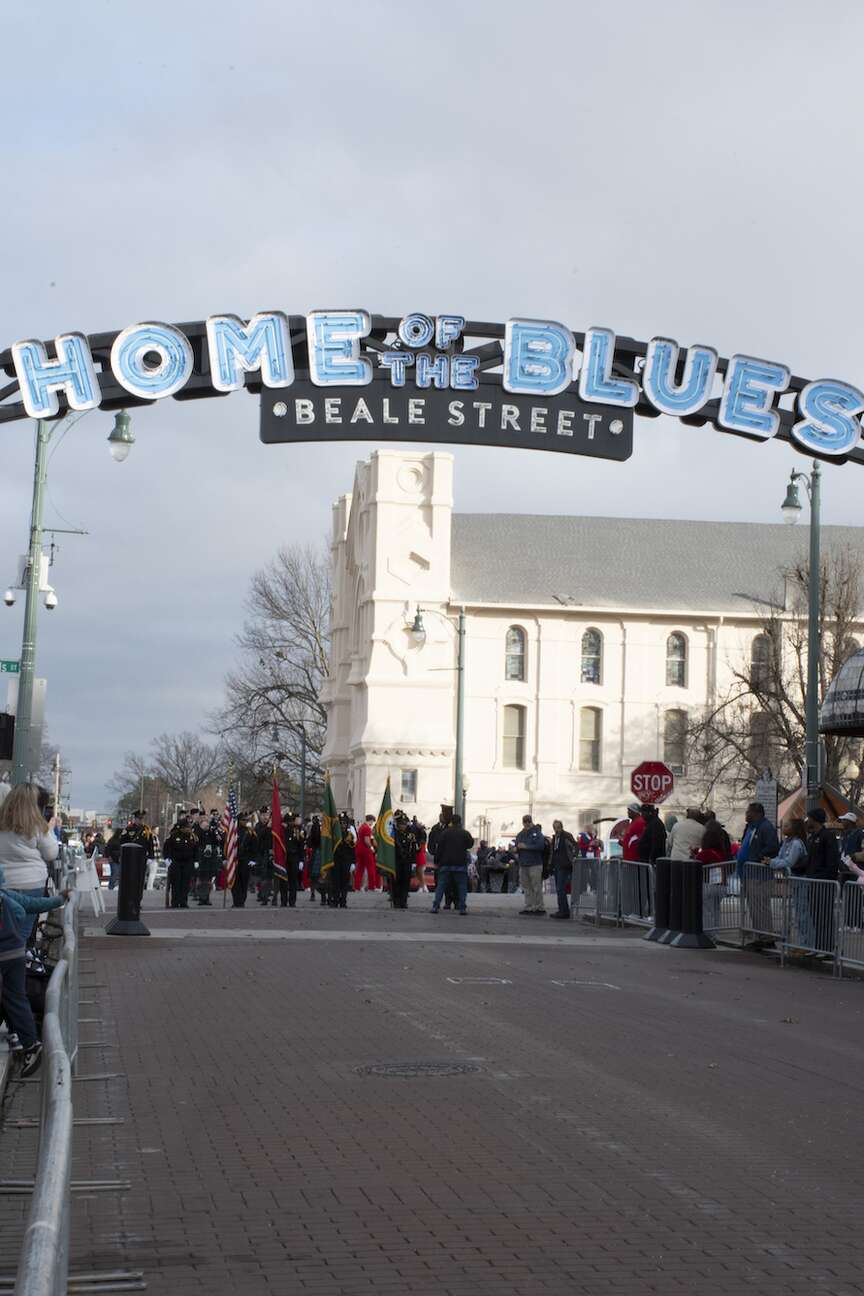
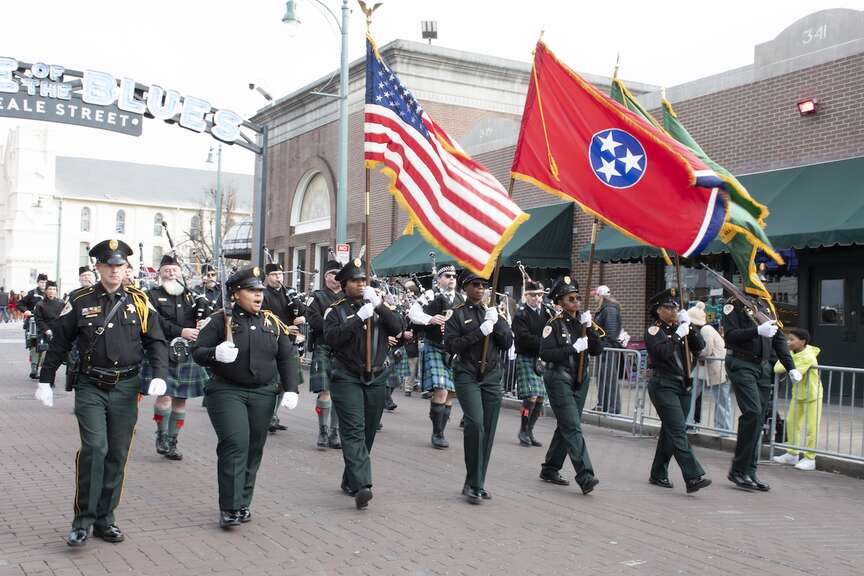
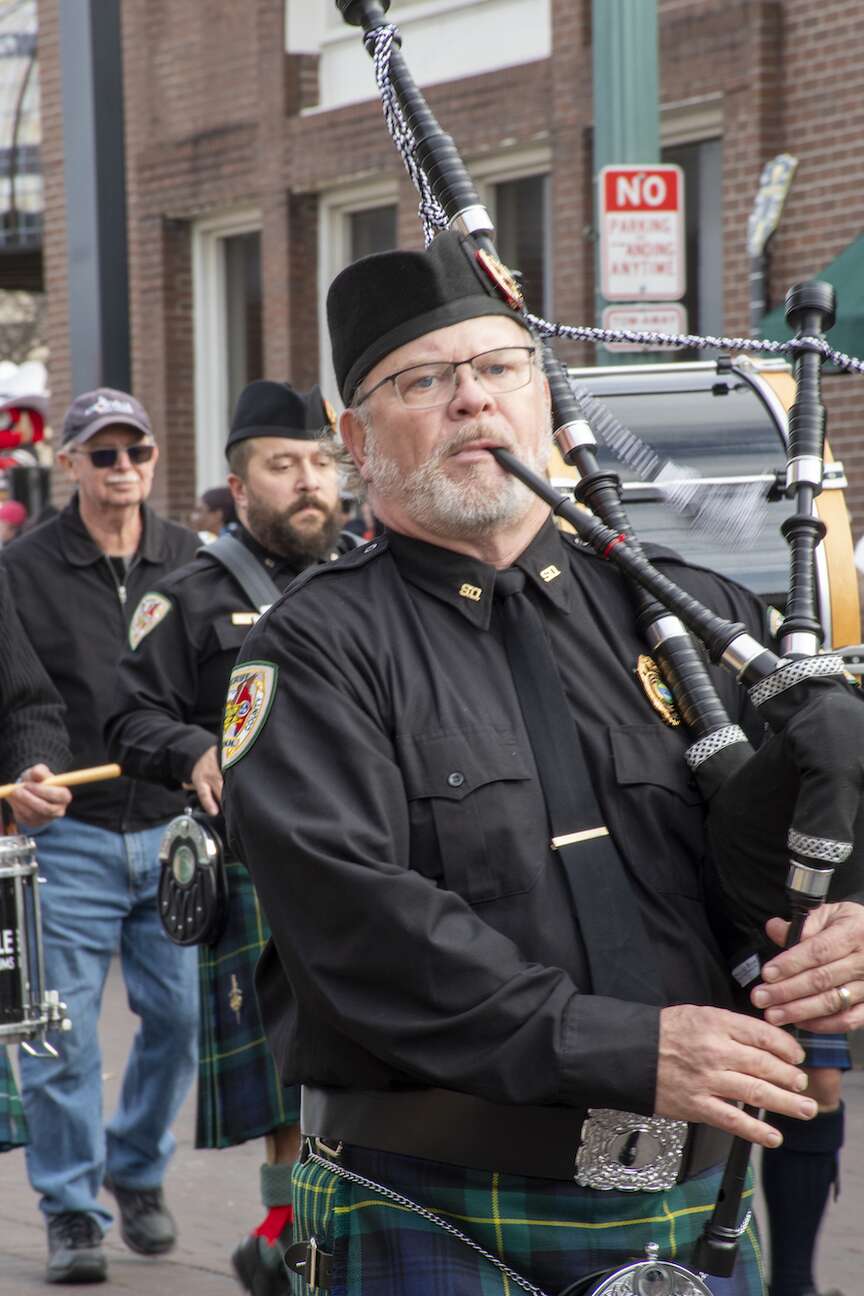
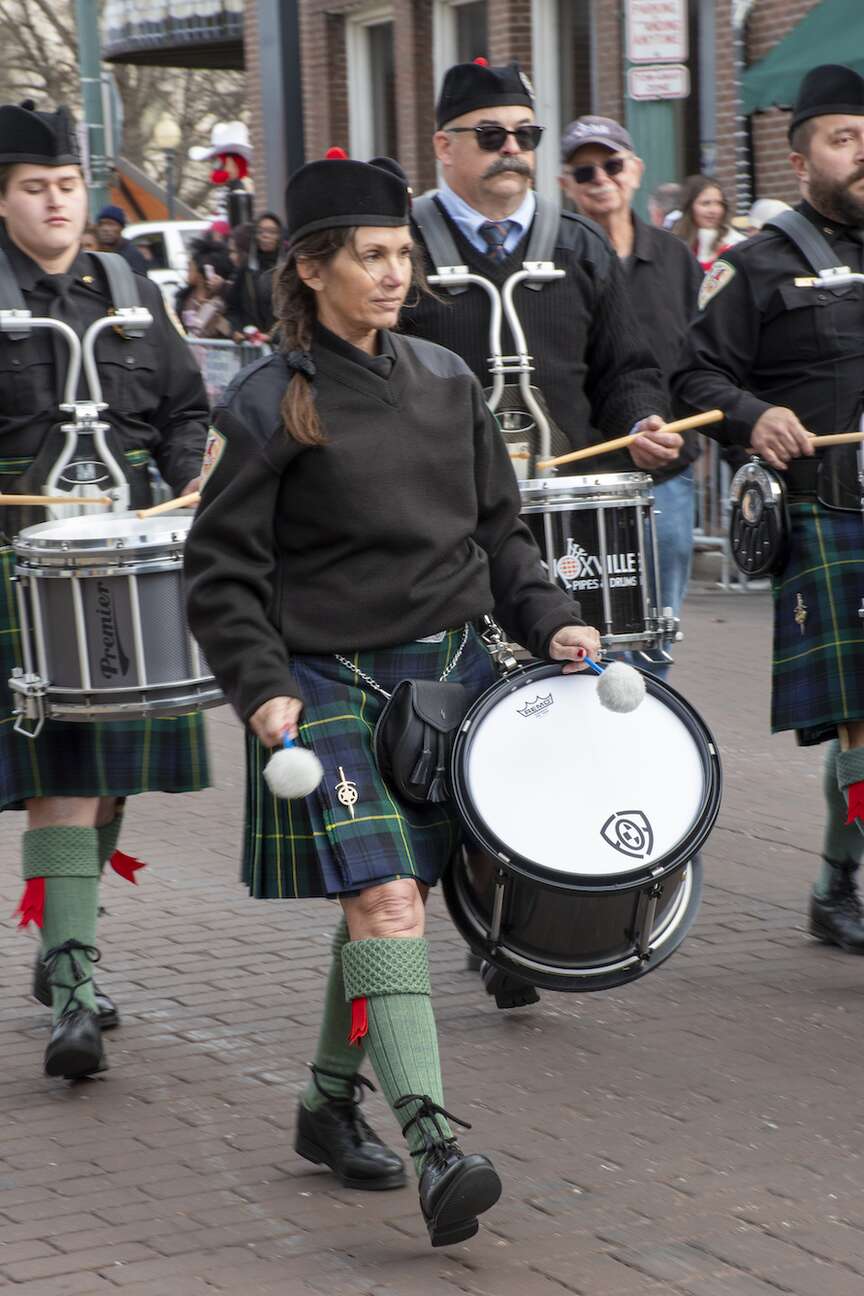

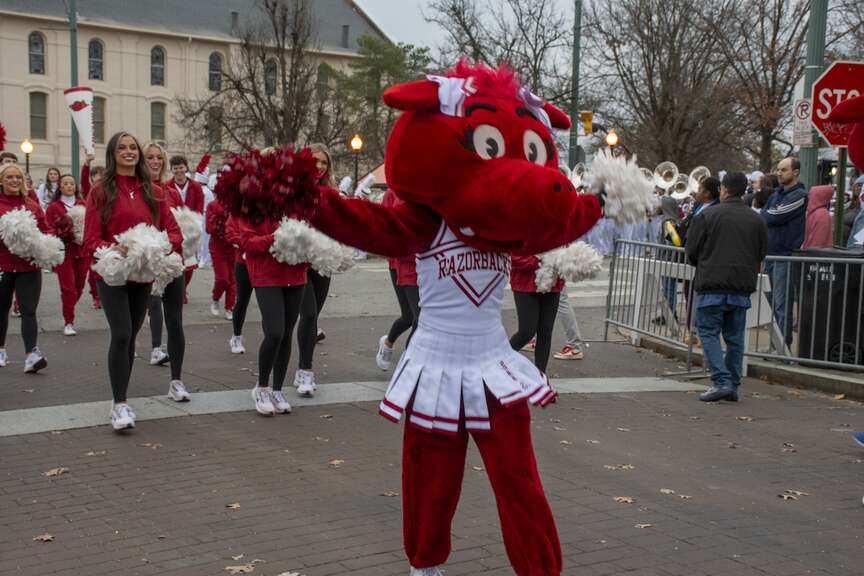
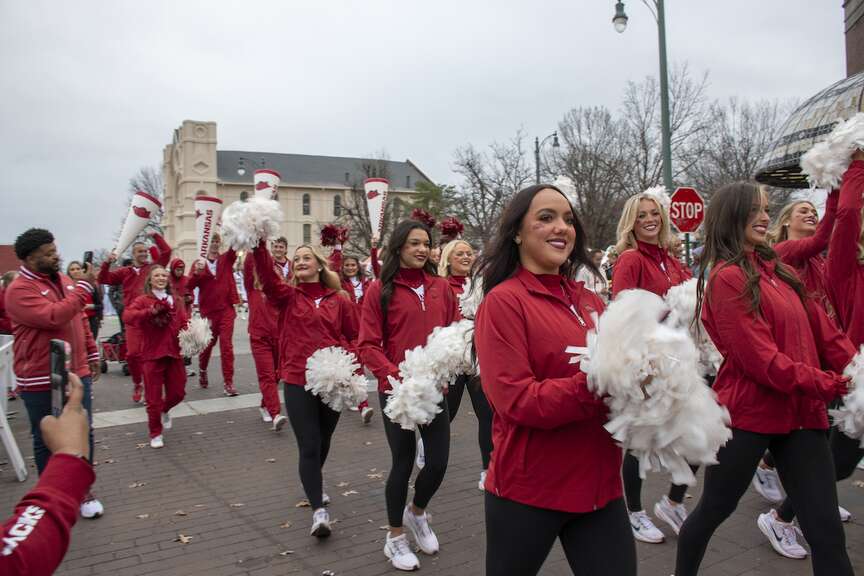
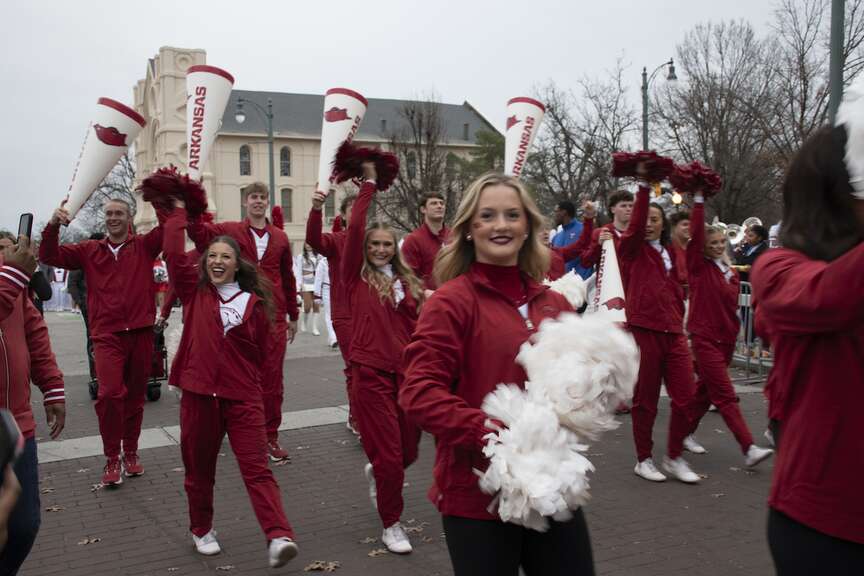

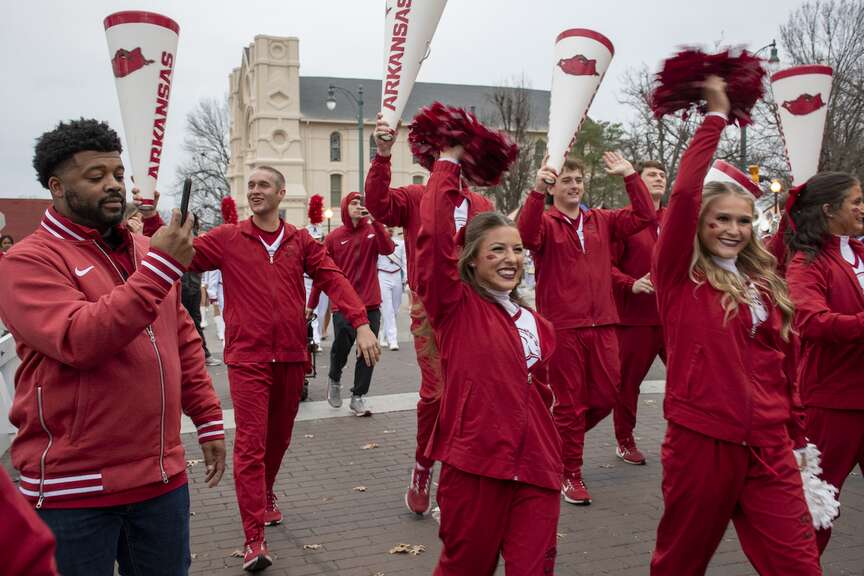
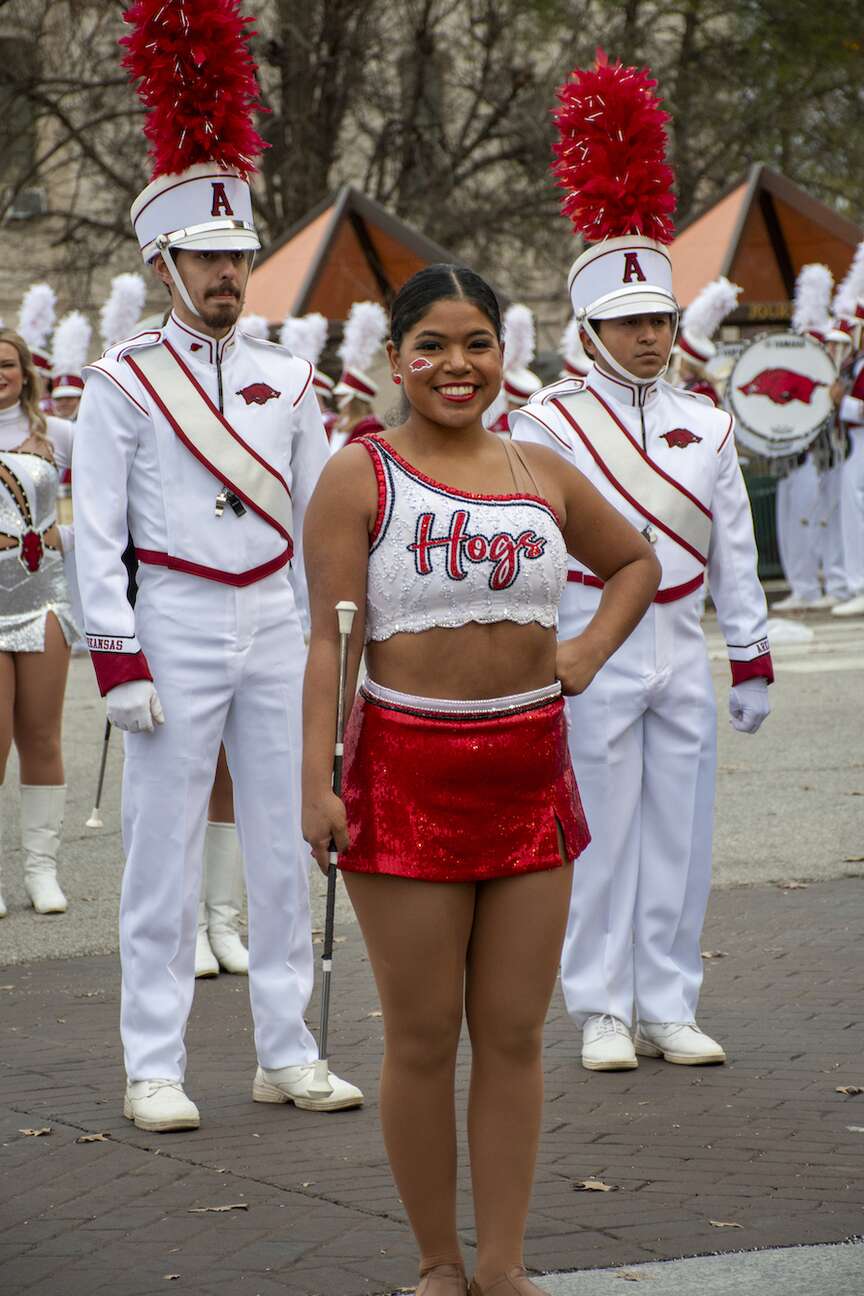
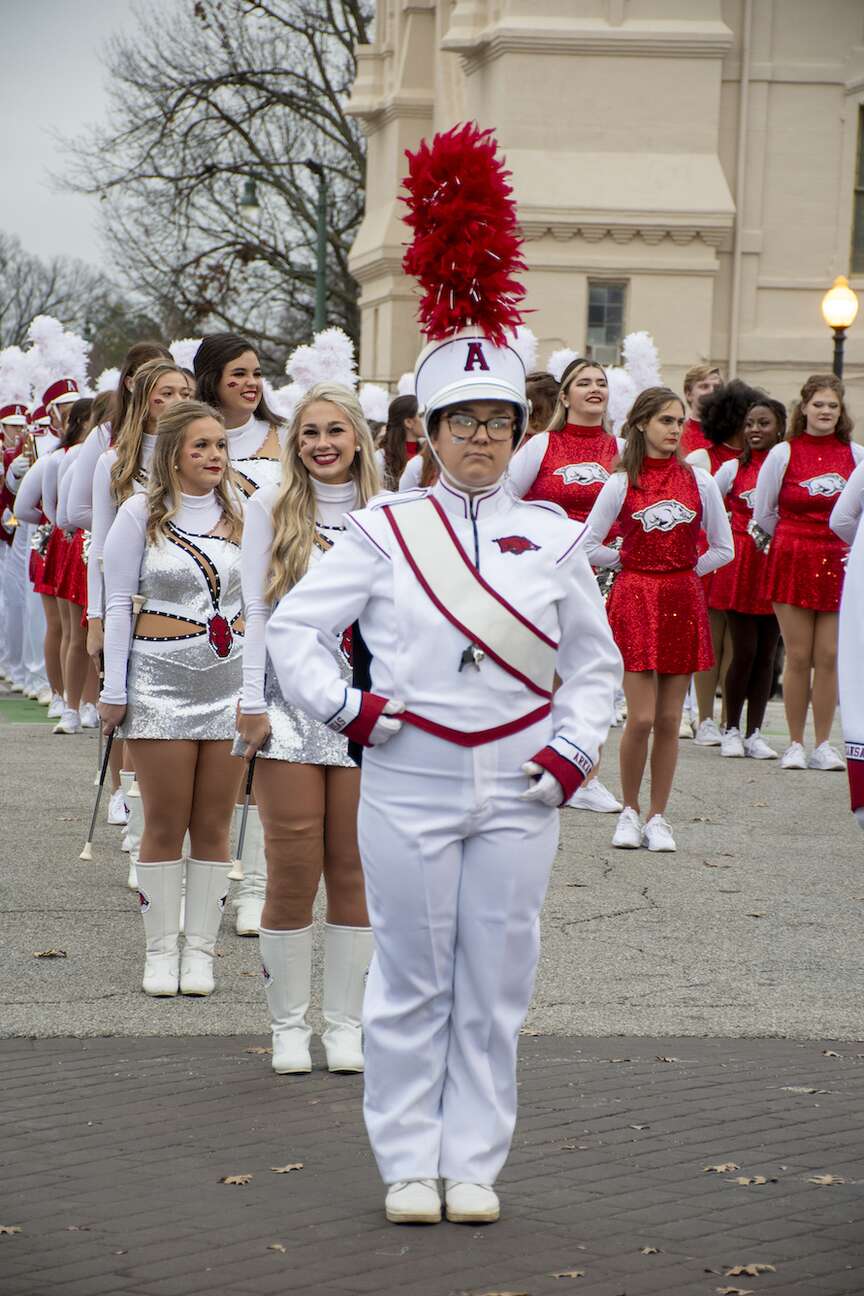
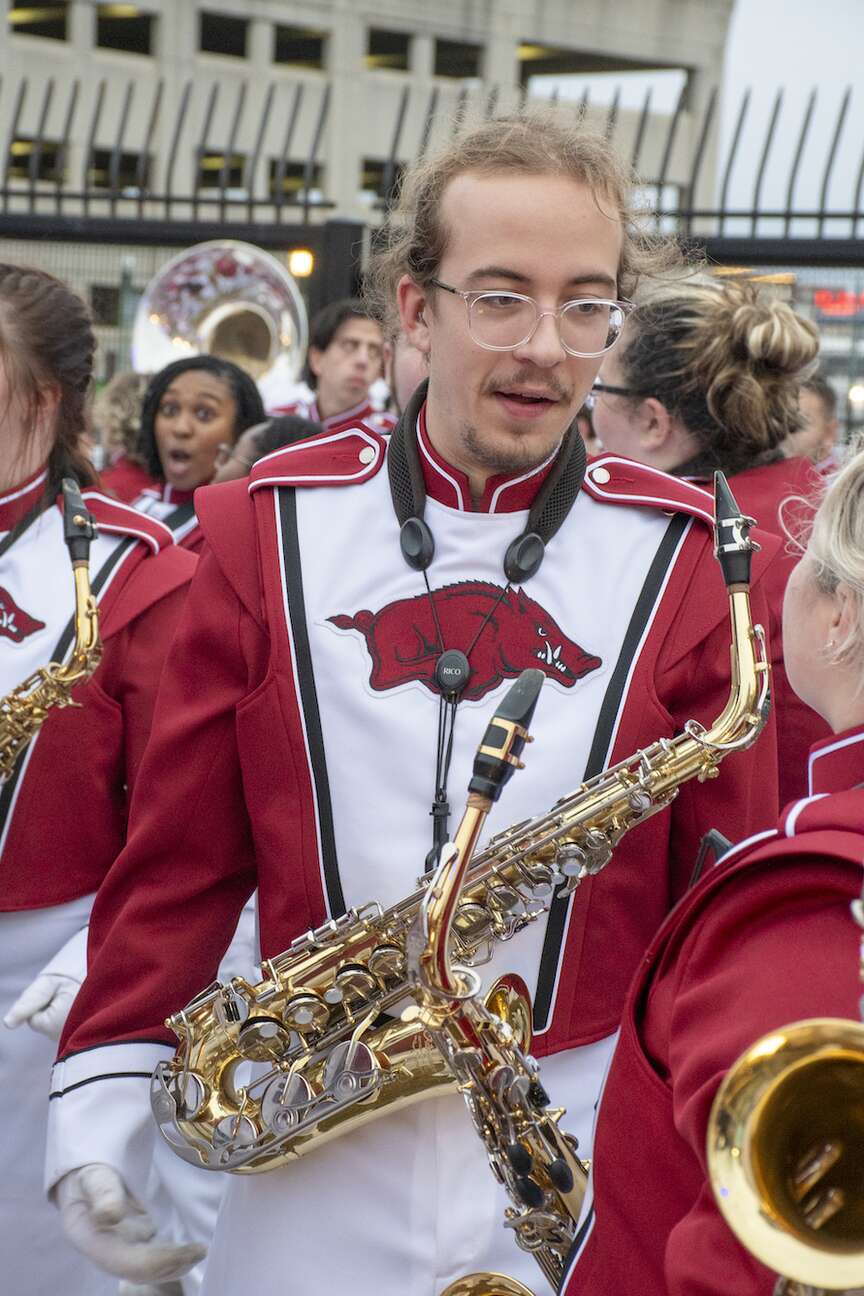















/cdn.vox-cdn.com/uploads/chorus_asset/file/25822586/STK169_ZUCKERBERG_MAGA_STKS491_CVIRGINIA_A.jpg)


